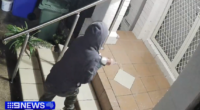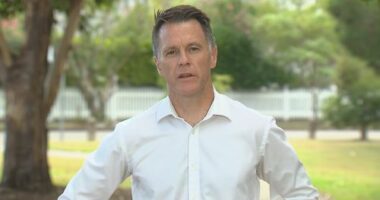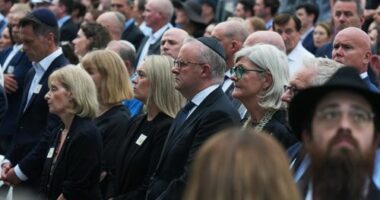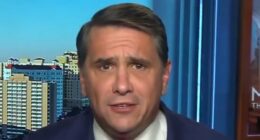Share this @internewscast.com
When it comes to handling chicken, the prevailing wisdom might surprise you: there’s no need to wash it before cooking. This practice, often considered as a way to ensure cleanliness, is actually unnecessary and could pose significant health risks.
Food safety expert Lydia Buchtmann emphasizes the dangers associated with washing poultry. “It can make you really ill,” she warns, especially for individuals with compromised immune systems, pregnant women, or the elderly. In these cases, the consequences could potentially be life-threatening.
As she explained to SBS News, “This is really risky, because firstly, any poultry is washed during processing so you don’t need to do it.” The notion that washing chicken is a necessary step before cooking is a misconception that could lead to the spread of harmful bacteria, like salmonella, through splashes of water.

Instead, the Food Safety Information Council (FSIC) advises focusing on cooking poultry thoroughly. They recommend ensuring that the internal temperature of the chicken reaches at least 75 degrees Celsius, checking with a meat thermometer in the thickest part of the meat. This practice effectively eliminates bacteria and ensures the chicken is safe for consumption.
So next time you’re preparing a chicken dish, skip the rinse and focus on cooking it properly. It’s a small adjustment that could make a big difference in keeping your meal safe and healthy.
‘Ham is for Christmas, not for life’
“And keep that cloth moist so it doesn’t dry out and keep it in the fridge and change it every three days or so.”
Reduced salt hams, which are becoming more popular, will not last as long, the FSIC noted.
Think about the rollout
The FSIC recommends putting out small amounts initially and then replacing them — not topping them up — with fresh food from the fridge.
It’s also important to keep food covered, as flies can carry contaminants.
Other tips
And if you find yourself swimming in leftovers? Freeze them. It might mean less waste and less opportunities for food poisoning.










